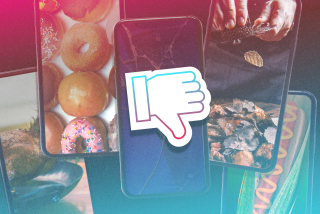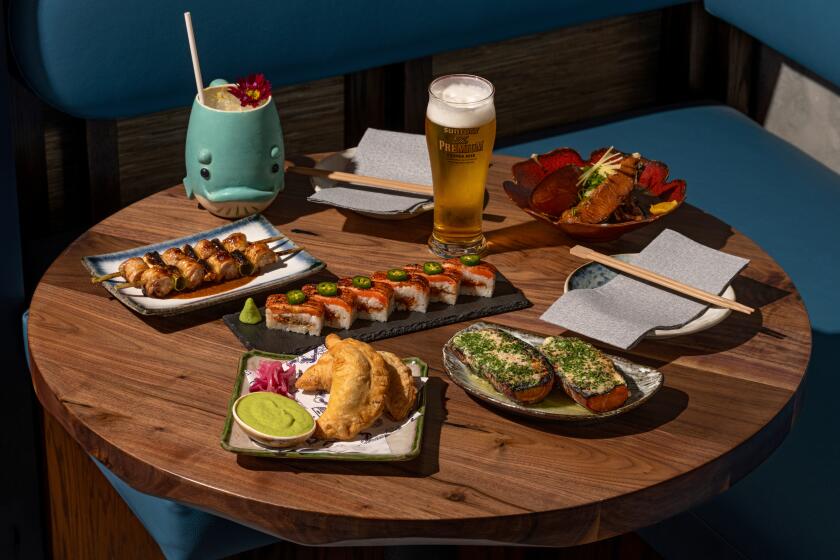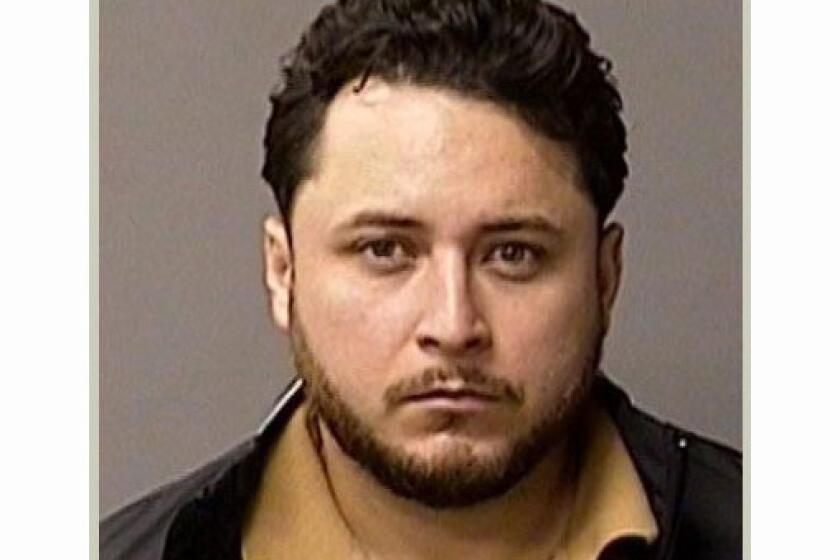Column: I am not afraid of Thanksgiving dinner, I just hate it
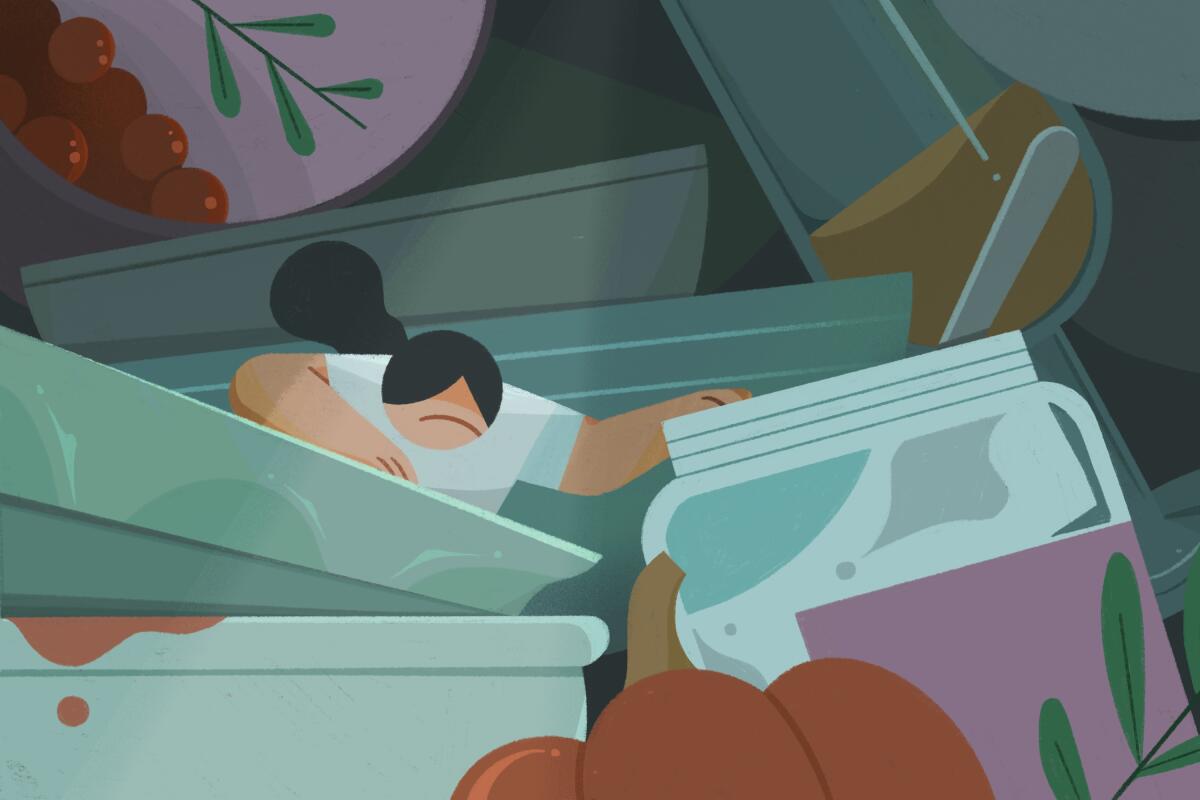
Beginning two weeks before Thanksgiving, I avoid looking at, much less reading, all food sections. But this year, Thanksgiving, like everything, started early, mere days after Halloween, and with it all those “Here’s how to make Thanksgiving dinner without meat/outdoors/on the moon” pieces that inevitably have me reaching for the Xanax.
Many people have anxiety about their ability to make the meal; hence all those articles and the turkey crisis hotlines. (Memo to the culture at large: If you need a crisis hotline about the main tradition of a holiday, perhaps you should rethink that tradition.)
Eat your way across L.A.
Get our weekly Tasting Notes newsletter for reviews, news and more.
You may occasionally receive promotional content from the Los Angeles Times.
I am not at all anxious about my ability to make Thanksgiving dinner. I can do it 11 ways to Thursday in my sleep. In fact, when I see a piece celebrating an author’s ability to work in a cramped kitchen, in a lavish setting or over a campfire, a recipe list rhapsodizing the creativity involved in throwing together a feast in 24 hours or accommodating vegans, vegetarians, small children and all manner of food intolerance at the same meal, I think, “Bitch, please.”
I am not afraid of Thanksgiving dinner, I just hate it.
It’s an uneasy and slightly appalled joke in our family that while I genuinely love to bake and cook for multitudes at Christmas, I am a Thanksgiving Grinch. Every year I dream of spending the day at the movies or beach-eating Chinese takeout.
I could say this stems from the adult realization that the original Thanksgiving meal probably never happened, that the holiday is instead a celebration of colonization that decimated and enslaved the native population, and that whatever religious persecution those early settlers fled they replaced with a strain of Puritanism that would leave hundreds of women dead or tortured as witches.
But that would be incredibly irritating of me, and it wouldn’t be true.
I hate Thanksgiving dinner because I am the adult child of an alcoholic and it is the event I most associate with the emotional damage that implies.
I can make Thanksgiving blindfolded because I started doing it when I was 9 or 10. It was easier than watching my mother unravel into tears and increasingly bitter invective beginning sometime mid-Tuesday, when the shopping and the polishing and the laundry and the ironing began, and culminated, inevitably, with her sitting in sodden, furious martyrdom while everyone choked down their coffee and pie before fleeing, leaving us to clean up the literal and emotional mess.
“I’ll just do it,” I said one year, echoing codependents throughout the ages. “It’ll be fun,” I said, unaware of the burden of self-appointed control and inevitable resentment I was shouldering, possibly forever. “Let me do it.”
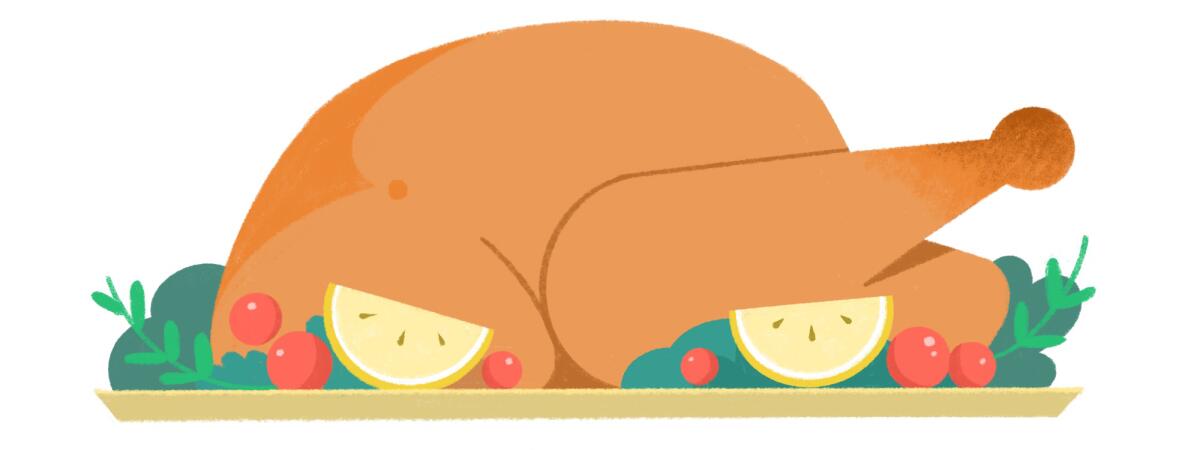
The turkey, the stuffing, the creamed parsnips, creamed onions, the candied sweet potatoes, the mashed potatoes, the mashed rutabaga, the tiny canned peas. The pumpkin pies, the apple pies, the raisin-walnut and pecan pies. The shopping lists, the near-algebraic milk and butter calculations (butter is expensive and money was an issue), the factory-floor scheduling of the pots and pans and burners and hot plates, the calculating when the turkey should be thawed and stuffed, and how often it should be basted. The management of counter space, serving dishes and those final insane minutes when everything somehow had to get from the kitchen to the dining room without getting cold or even cool.
Because if it was cold, or the cream sauce was runny or the turkey was dry, then Mom would get mad, and the whole point was to keep that from happening.
During the first Thanksgiving dinner I ever made, I managed to dump the entire pan of peas on the floor minutes before serving them. Mercifully, I was young enough to see nothing wrong in just rinsing them off real quick in very hot water and praying that if there were dog hairs, they wouldn’t show up on my mother’s plate.
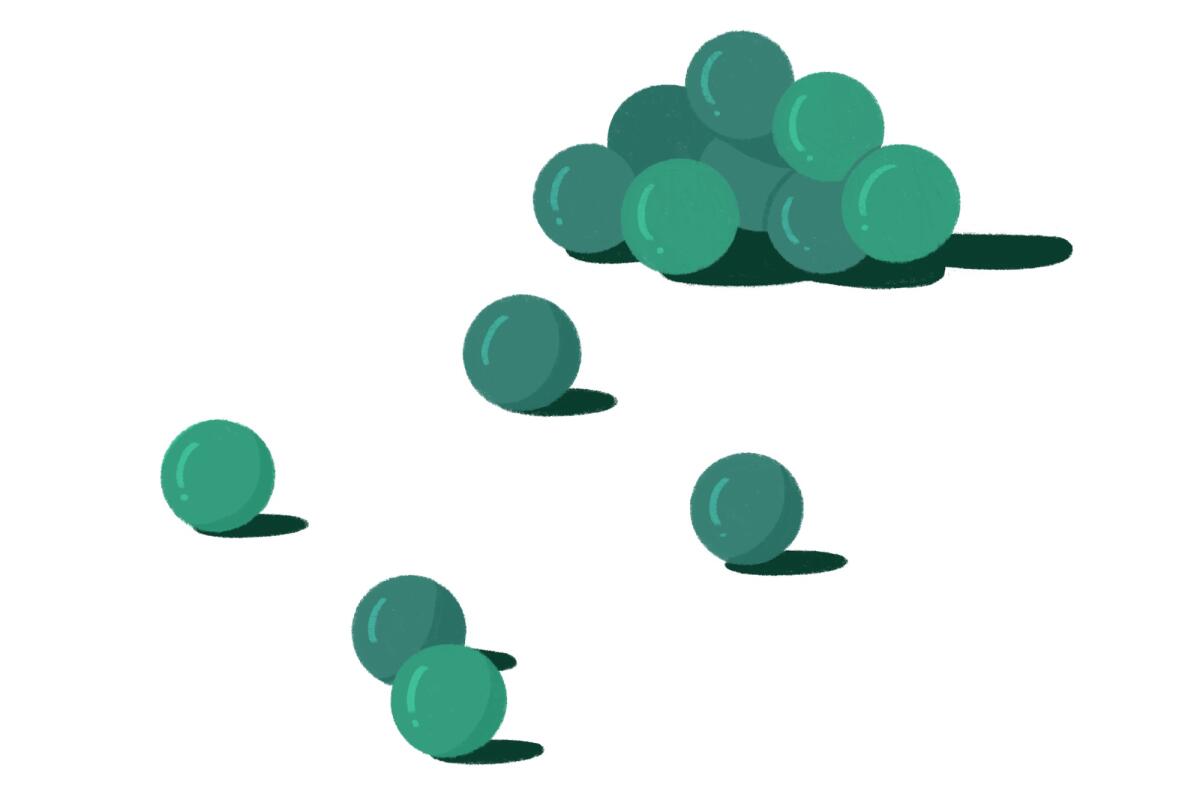
Over the years, I took great pride in my Thanksgiving dinners. I started making the pies from scratch, introduced pumpkin and zucchini bread. I ditched the rutabaga (which looked good but no one ate) and substituted sautéed broccoli, green beans and spinach. I quietly abandoned the beloved boxed mashed potatoes for real ones, experimented with stuffing that included apples or sausage or sage. For a couple of years, and this is absolutely true, I made my own butter.
I was in middle school. It was insane.
It was also — and those of you who also grew up with alcoholic mothers will have seen this punch line coming a mile away — a classic example of irony in action. By taking over her duties, I gave my mother even more time to drink, with the inevitable results. But I was safe in the kitchen, and how could she yell at me when everyone was so astonished at a child making Thanksgiving dinner?
She couldn’t.
Every year I wallowed in the praise and admiration; every year I tried to one-up myself and my “I’ll do it, just let me do it” mentality spread, for good and ill, to each and every part of my life. It gave me confidence and normalized compulsion, in equal measure.
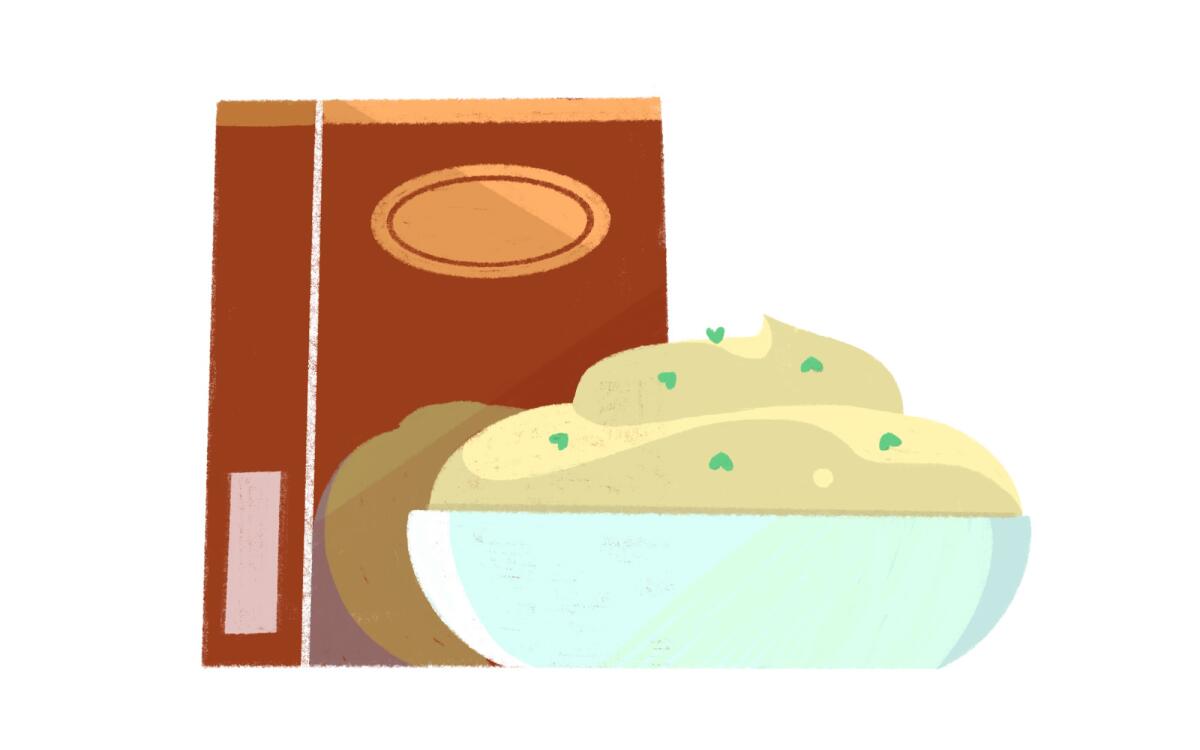
When I had kids it began to make sense to alternate holiday dinners with family; as I was not about to give up Christmas dinner, which I truly love, I surrendered Thanksgiving.
But I did so grudgingly. Fearfully. What was I if I couldn’t miraculously produce 18 dishes in an afternoon all by my lonesome? A miserable failure, that’s what.
But once I made the leap, I lost any interest in the groaning boards of turkey roasted/grilled/brined/deep-fried/sprinkled with cannabis, the great cranberry sauce debate, the root vegetables ripped from the earth and subjected to all manner of culinary indignities, the salads that are now required so no one can eat them. I did the math on the effort that went into it: the days of cooking that resulted in, at best, an hour at the table; the Herculean task of cleaning up; the following days of pretending we were going to eat those leftover creamed onions before just throwing them away. I realized I don’t even like Thanksgiving dinner, or at least any of the parts that are not involved in pumpkin pie and the after-hours turkey sandwich.
More than that, I began to see how much of my Thanksgiving cooking had been driven by anxiety and fear, a self-concocted need to please, appease and prove ... what? That I could do it? That I could do it anywhere and alone? That I didn’t need help, that success is measured by levels of exhaustion and the use of every pot, pan, dish and glass I own? That all this somehow proved something?
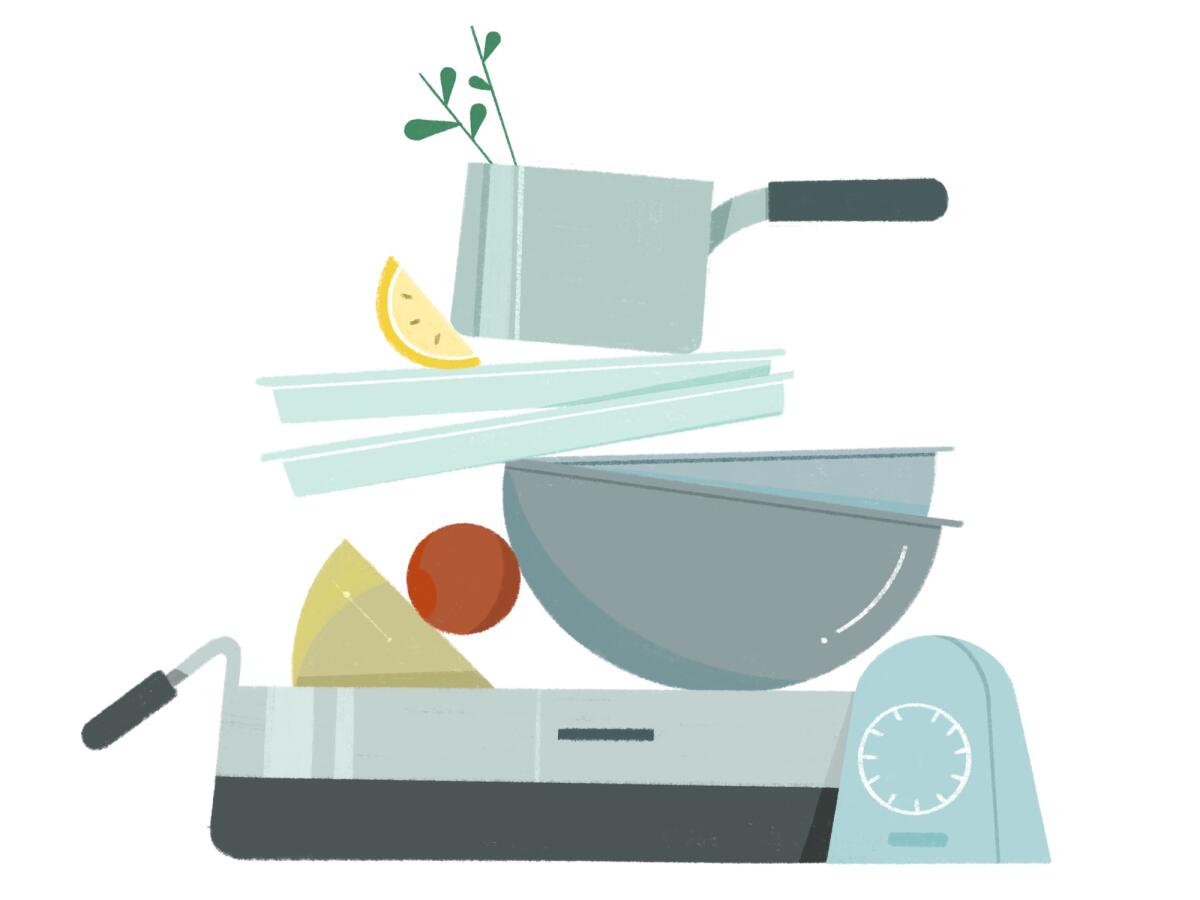
My mother, God bless her, eventually got sober; I slid into my own alcoholism and eventually got sober too.
And I recognize now that as a child I believed that one Rockwellian moment could counterbalance all the messy dysfunction that came before and after, and I tasked myself with creating it.
As an adult, I realize this kind of thinking is absurd, dangerous and damaging; the only control I have is over my own self, my expectations and the pressure I put on myself to meet them.
Over the years I have acknowledged and silenced many voices in my head that told me I could fix this by doing that, but way down deep, in the dark inner recesses of my neurosis, there’s a gleaming, steaming Thanksgiving dinner. “You could do it,” that dinner whispers. “You should do it. And then everything will be all right.”
So I don’t really hate Thanksgiving; I hate my own unquenchable desire to shun help, appoint myself fixer-in-charge and then kill myself attempting some version of perfection that doesn’t fix the imperfect things in life anyway.
Because honestly, even with the pixie dust of pumpkin spice and the 70 million recipes available online, if we’re being honest, what everyone really looks forward to is pumpkin pie, which can be bought, and those leftover turkey sandwiches.
More to Read
Eat your way across L.A.
Get our weekly Tasting Notes newsletter for reviews, news and more.
You may occasionally receive promotional content from the Los Angeles Times.

